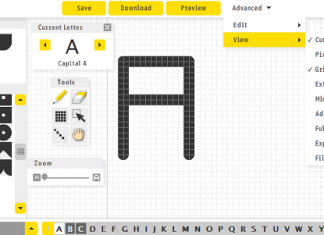The British government has unveiled its long-awaited plan to gradually reduce animal experimentation in research and development. This move stems from a pledge made by the Labour Party during its election campaign, which committed to working with various stakeholders toward phasing out animal testing wherever possible. Science Minister Lord Vallance emphasized that while complete eradication of animal use may be distant, significant progress towards “near zero” reliance is achievable within a reasonable timeframe.
The government’s strategy focuses on two key areas: immediate replacements and the accelerated development of advanced alternatives.
By the end of 2025, several tests currently conducted on animals, particularly safety assessments involving rabbits (pyrogen test) and germ contamination checks in pharmaceuticals, will transition to innovative methods utilizing human cells grown in lab settings. These advancements are already available but require regulatory adjustments to ensure their widespread adoption. The government also aims to bolster funding for research into alternative techniques like “organ-on-a-chip” technology developed at Queen Mary University of London’s Centre for Predictive in vitro Models (CPM).
This cutting-edge approach involves creating miniature, functioning human organs on microchips by interconnecting tiny tissue samples from various organs with electronic sensors. By mimicking organ interactions and responses to stimuli, these “organ-on-a-chip” devices hold promise for more accurate and reliable drug testing compared to traditional animal models. Another area receiving significant attention is artificial intelligence (AI), which will play a larger role in refining predictive models and streamlining the development of non-animal testing methodologies.
The government intends to establish a dedicated “Centre for Validation of Alternative Methods,” tasked with rigorously evaluating existing alternatives and accelerating their acceptance as reliable substitutes for animal experiments. This initiative seeks to address concerns regarding the reliability and robustness of some emerging technologies, ultimately paving the way for their broader implementation. To facilitate this transition, the government pledges an unspecified financial boost, including £30 million earmarked for a specialized research hub and additional grants to support cutting-edge methods and training programs.
The RSPCA has welcomed the plan as a positive step forward but emphasizes the importance of effective execution. However, not all scientists are fully supportive. Some experts, like Professor Robin Lovell-Badge, express reservations about prematurely shifting away from animal models, particularly in complex fields like brain research where current non-animal alternatives fall short. They argue that forcing a rapid transition without ensuring the scientific validity of replacements could hinder progress in understanding and treating diseases.
This intricate balancing act between ethical considerations, technological advancements, and scientific rigor will continue to shape the future landscape of research and development. Whether this government initiative successfully paves the way for a significantly reduced reliance on animal experimentation remains to be seen.












































